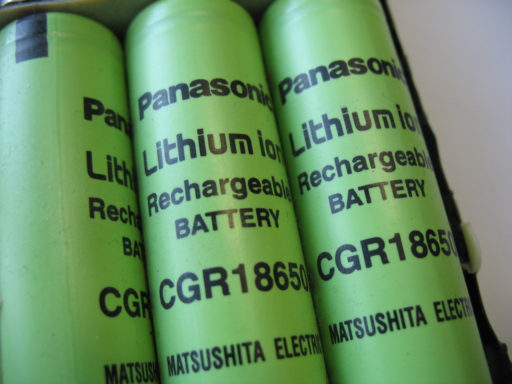
Objecting to the class certification and settlement in In re Lithium Ion Batteries Antitrust Litigation, the Center for Class Action Fairness outlines how the settlement in this antitrust price-fixing case unlawfully reduces the recovery of those class members who have stronger claims than others. In this type of settlement, relief distributed pro rata to a nationwide class is a false justice because those with legitimate claims receive less relief than they deserve while class members with no legal claim stand to receive an undeserved windfall.
“[CCAF] is objecting because all class members must possess the same legal injury and share the same interests if they are grouped together in a settlement class,” explained CCAF attorney Adam Schulman. “When, as here, 40 percent of class members have no legal claim, it dilutes the legitimate recovery of the other 60 percent. The class’s right to adequate representation always trumps class counsel’s and the defendants’ desire to cobble together the largest conceivable class.”
In re Lithium Ion Batteries Antitrust Litigation includes classes of direct and indirect purchasers of lithium ion batteries in a variety of electronic equipment. Under federal law, however, indirect purchasers do not have a cause of action, and only about 26 states provide a cause of action for such purchasers. As a result, a nationwide class of indirect purchasers unfairly disadvantages–and dilutes the recovery of–those indirect purchasers who do have a legal cause of action. CCAF is representing one of the disadvantaged class members by objecting to the class certification and settlement fairness.
About CCAF:
The Class Action Fairness represents class members against unfair class action procedures and settlements. Originally founded by Ted Frank in 2009, the center has won millions of dollars for consumers and shareholders and won landmark precedents that safeguard consumers, investors, courts, and the general public.
Unfair settlements generally serve self-interested lawyers and third parties at the expense of absent class members, the group of people whose rights are traded away to settle a class action. Lawyers have an interest in their fees, defendants have an interest in cheaply disposing of a lawsuit, and the class’s interests can take a back seat in the process. CCAF seeks to solve these problems by representing such class members pro bono and presenting judges with the other side of the argument.
